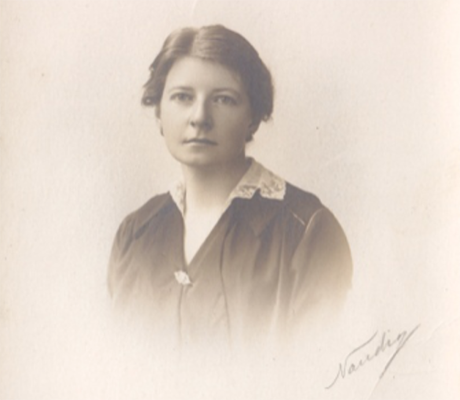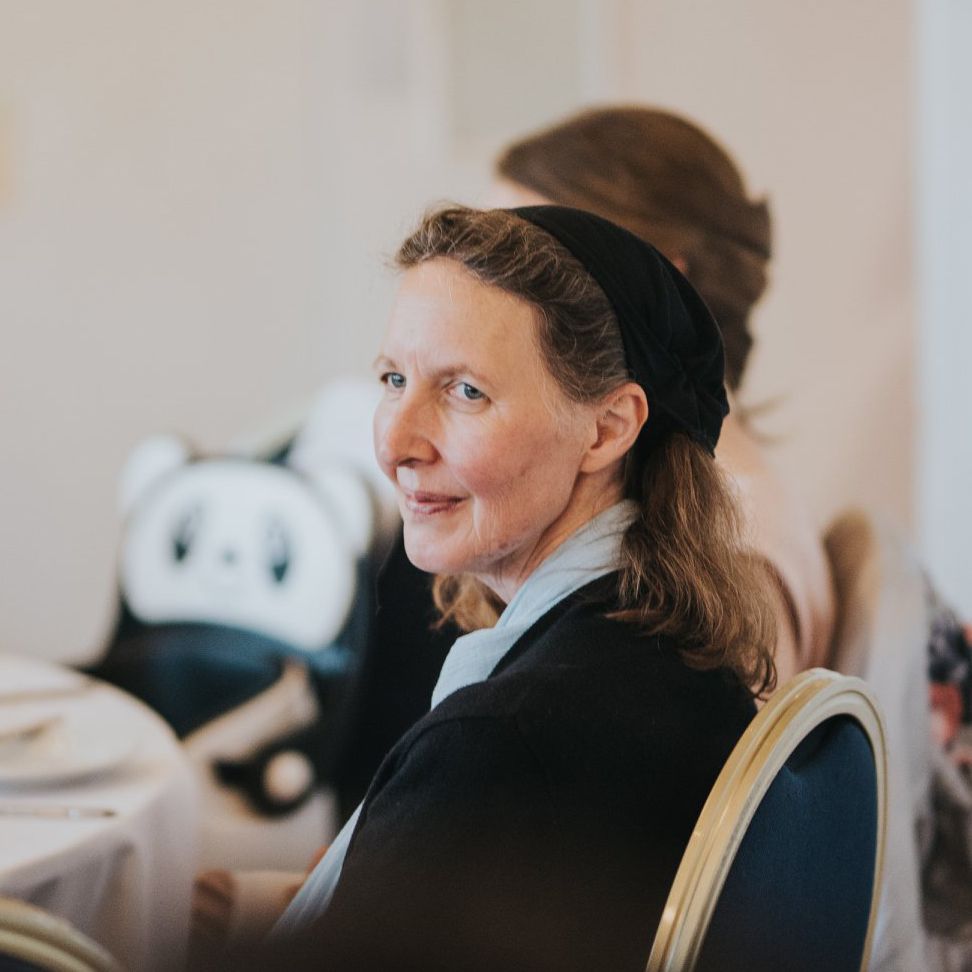3rd July - No letter
Secret diary: July 3rd Sat Parole & wine. Boat
Official diary: No entry
Location: Hogan’s Cratloe
It appears that CHTL stayed with the old lady and her two daughters and that he was treated to a bottle of wine. Once again the charm must have come into play and maybe the 'dear old thing' had responded to her well-mannered guest by cracking open something special? CHTL used the occasion to begin a serious conversation about him being released on parole. CHTL was desperate to see Poppy and Cutlett and sought to negotiate for a way to do this.
General Lucas asked for parole, saying that he would return to any place we would like to name. He said that he wanted to see his wife and child. This information we sent to our G.H.Q. but the Adjutant General, Gearoid O’Sullivan, replied that even if Lucas was incommoded he would have to remain a prisoner. We thought this rather stupid. Considerable prestige would have been gained by us if we had availed of this offer of parole; G.H.Q. could have made it conditional on the release of Terence MacSwiney, who was then in jail. It apparently did not occur to the Adjutant General that a British officer who could make such a propose could have exercised pressure on British politicians.
BUREAU OF MILITARY HISTORY, 1913-21 STATEMENT BY WITNESS DOCUMENT NO. W.S. 38 Witness Mr. Joseph Good, “Raisin", Riverdale, Butterfield Ave., Dublin. Identity Member of Irish Volunteers London 1914 -; Member of Kimmage Garrison 1916
From CHTL's point of view he realised that it wasn't going to work. He couldn't give his word to not pass on the information that he had collected and he probably knew that when his time was up it would have been very tempting to have broken the conditions of his parole and just not returned. He was an honourable man and was not going to give his word and not keep it.
Lucas refused an offer of freedom, conditional that he gave parole and promised not to disclose the place of his captivity.
Bay Of Plenty Times, Volume XLVIII, Issue 7464, 2 August 1920, Page 2
The boat held some significance to be mentioned, possibly CHTL was considering it as a means of escape. It was probably moored close to the house as it was by boat that CHTL was moved during these few days. The boat was tantalising - an opportunity to break free that was so near and yet so far? There were several armed guards and an open stretch of river between CHTL and freedom and he could calculate the odds of making it safely to the other side: they were not favourable. This was probably not the right time to take a risk.
Back in London, Churchill was still fuming about General Lucas’ capture: this time over the lack of satisfactory information from General Macready as to officers fighting back if attacked:
I do not consider General Macready’s letter satisfactory. It does not in any way meet the definite points made by me in my minute of 1/7. What are the regulations as to officers carrying arms? What are the instructions as to officers firing when menaced with attack? What are the arrangements governing the recreation of officers? What is being done about the residences of senior officers?
You should instruct General Macready to send me very precise and detailed information on all these points, and intimate to him that I do not consider his reply meets the case.
Let me see the draft telegram.
Memo found in Churchill Archives
Of course CHTL, along with Danford, had tried to escape and had fought fiercely. He’d surrendered when he realised that he had lost. Should he have fought to the death? Politically that would have helped Churchill and his hardline policies. However, no one seemed to know that he had tried to escape, which frustrated CHTL no end.
Letters from Poppy
Many have wondered what happened to the letters Poppy sent to CHTL. During the Great War CHTL had assured Poppy that her intimate letters to him were not shared with anyone else.
He read them - "dealt with them" - replying as soon as he could, and then destroyed them. There wasn’t much room in the trenches for personal belongings; his luggage was limited. One also suspects that CHTL would have been very fearful of someone else finding these very personal letters, causing him enormous embarrassment.

This was how CHTL would have treated Poppy’s letters to him in captivity. He would have read them and then destroyed them. He would not have wanted them to have got into the hands of the younger, immature lads who were guarding him, especially as they might have resorted to school ground sniggering and taunting. He very much needed to retain his dignity and respect and emotional letters from his wife back home might not have aided that aim.
It is known that his captors censored all the letters he sent but not the ones he received from Poppy. They had allowed him this special privilege but they had to ensure that it was not abused in any way. In return CHTL would have expected consideration for his privacy and this is what he got. There was great sympathy for his family and no evidence that the personal information that may have been conveyed in Poppy's letters was ever used maliciously.
It is clear that CHTL did openly share some of the letter’s content with his captors, talking about his new son and his concerns for Poppy. This was not the sort of conversation one would have had with someone you couldn't make a connection with. This was a comfortable chat over a cup of tea (or more likely a glass or two of whiskey), not something forced out of you by the barrel of a gun.
These sort of relationships illustrate the absurdity of the situation. Here were the two sides of a bitter conflict behaving like decent folk - conversing about their families and their lives. CHTL found out a lot about the family members of his hosts: they talked about their pride in their sons and daughters with him, their hopes and fears for their children's futures and they passionately expressed their reasons for supporting the Irish cause.
Innocent baby ‘Cutlett’ and poor pregnant Poppy tugged on a few soft Irish heart strings and the romance of this couple wanting little more than to settle down and be a family in their own country must have resonated with some of those fighting for freedom; CHTL was very much a ‘British soldier’ but he also was a human being with longings and desires close to their own.

